Game Theory helps Vaibhav Suri win the Biel Masters 2018
The Biel Masters is a strong tournament with 26 grandmasters. The top seed was GM Pavel Eljanov (2706) and there were eight more grandmasters above the rating of 2600. GM Vaibhav Suri from Delhi was the 19th seed, but played a fantastic tournament to score 7.0/9 and win half a point ahead of the remaining competitors. And what was Vaibhav's secret of winning the tournament? The Game Theory which he learnt when he was majoring in Economics in his University! We tell you all about the game theory approach of Vaibhav. Apart from this we also have a game annotated by Vaibhav, a big interview by Rupali Mullick and also a huge pictorial report. Don't miss this exciting report from the Swiss town of Biel.
The biggest victory of GM Vaibhav Suri's chess career
When things started to get tight for Vaibhav Suri at the Biel Masters 2018, he used the knowledge that he had got by his education in Economics to ease off the pressure! How exactly did he do it? "I used the knowledge of Game Theory," says Vaibhav in an interview with ChessBase India after his victory. "Game theory has a concept of finite and infinite participants. If you have an infinite approach towards things you basically have a long term vision and you don't care about the short term aims. This kind of resonated with them. I am still not sure how it works 100% but it has made a imprint on my mind."
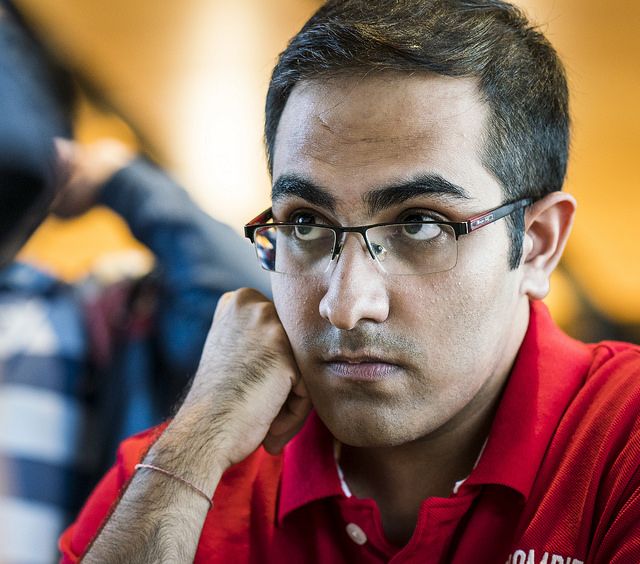
Vaibhav started as the 19th seed, played the best tournament of his life and became the champion with a score of 7.0/9, staying unbeaten. Here's how the final ranking list looked:
Rank after round 9:
| Rk. | SNo | Name | FED | Rtg | Pts. | TB1 | TB2 | |
| 1 | 19 | GM | Vaibhav Suri | IND | 2556 | 7,0 | 48,0 | 416,0 |
| 2 | 18 | GM | Wagner Dennis | GER | 2558 | 6,5 | 49,0 | 422,5 |
| 3 | 1 | GM | Eljanov Pavel | UKR | 2706 | 6,5 | 48,0 | 424,5 |
| 4 | 21 | GM | Kuljasevic Davorin | CRO | 2545 | 6,5 | 47,0 | 423,0 |
| 5 | 3 | GM | Salem A.R. Saleh | UAE | 2642 | 6,5 | 47,0 | 419,5 |
| 6 | 29 | IM | Bilguun Sumiya | MGL | 2490 | 6,5 | 46,0 | 410,0 |
| 7 | 9 | GM | Donchenko Alexander | GER | 2601 | 6,5 | 45,0 | 424,5 |
| 8 | 24 | GM | Lalith Babu M R | IND | 2529 | 6,5 | 45,0 | 411,0 |
| 9 | 23 | GM | Abdusattorov Nodirbek | UZB | 2534 | 6,5 | 43,5 | 421,0 |
| 10 | 12 | GM | Baklan Vladimir | UKR | 2595 | 6,0 | 45,5 | 411,0 |
| 11 | 36 | IM | Prithu Gupta | IND | 2436 | 6,0 | 45,5 | 409,5 |
| 12 | 48 | Arjun Kalyan | IND | 2370 | 6,0 | 45,5 | 401,5 | |
| 13 | 15 | GM | Kovchan Alexander | UKR | 2572 | 6,0 | 44,5 | 421,5 |
| 14 | 17 | GM | Moussard Jules | FRA | 2559 | 6,0 | 44,0 | 401,5 |
| 15 | 7 | GM | Karthikeyan Murali | IND | 2609 | 6,0 | 42,0 | 401,0 |
| 16 | 6 | GM | Antipov Mikhail Al. | RUS | 2626 | 6,0 | 41,5 | 410,5 |
| 17 | 8 | GM | Bartel Mateusz | POL | 2604 | 6,0 | 41,5 | 394,5 |
| 18 | 5 | GM | Romanov Evgeny | RUS | 2636 | 6,0 | 41,0 | 403,0 |
| 19 | 16 | GM | Michalik Peter | CZE | 2562 | 6,0 | 39,5 | 378,5 |
| 20 | 2 | GM | Iturrizaga Bonelli Eduardo | VEN | 2652 | 5,5 | 46,0 | 416,0 |
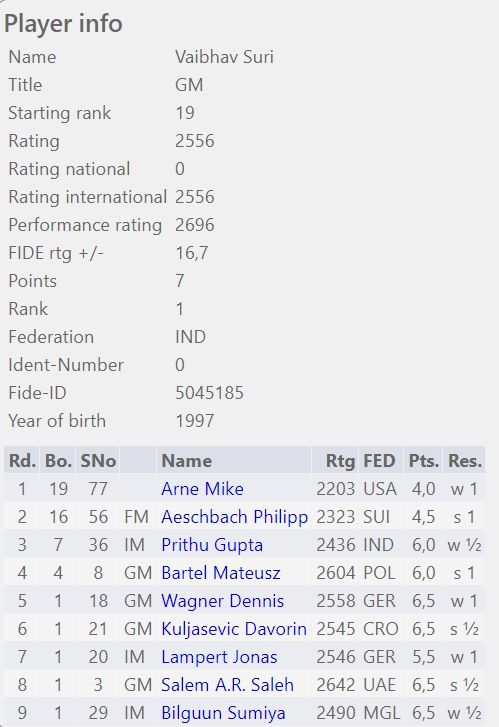
Things began to get nervous for Vaibhav somewhere around round seven when he had secured a win over the strong German IM Jonas Lampert. In the eighth round Vaibhav was on the backfoot against Salem Saleh, but managed to secure the half point. A final round draw against IM Sumiya Bilguun sealed the tournament in his favour.
For all our readers who would like to gain a deeper knowledge of what Finite and Infinite game means, here's a small explanation that I have extracted from this website which talks about the game theory. It says:
Finite game is defined as having known players, fixed rules and agree upon objective, according to Simon Sinek in a recent Marketing over Coffee podcast interview. During the podcast, he says baseball is a good illustration of a finite game. The players know each other, the rules, and have agreed, that whichever team has the most runs after nine innings wins the game. This is very different than an infinite game, according to Mr. Sinek. An infinite game is characterized as having both known and unknown players, the rules are changeable and the objective is to perpetuate the game. “When you pit a finite player against a finite player the system is stable – baseball is stable,” he said. The same is true you put an infinite player up against and infinite player. There is no winner or loser in an infinite game he notes, players only drop out when they lose the will or resources to continue. “Problems arise, however when you pit a finite player against an infinite player,” he says. “Because finite players are playing to win and infinite players are playing to stay in the game.” Bringing it back to business, Mr. Sinek says his work at Microsoft and Apple presents a stark difference between the finite and infinite players: At Microsoft, he says in his observation, the majority of the executives spend most of their time analyzing ways to beat Apple. By contrast at Apple, all of the executives spend all of their time on the company’s mission, such as discussing ways help teachers teach or how to help students learn. Mr. Sinek says the obsession one business has with the competition – while the competition is focused on the future – demonstrates how an infinite player frustrates the competition.
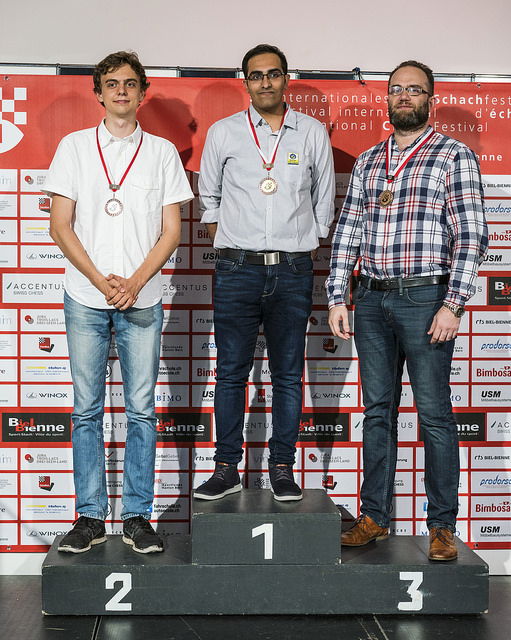
Vaibhav was travelling from Biel to Dresden when we sent him a few questions related to his tournament victory. Vaibhav's laptop battery had died, but he annotated the critical position through his mobile phone and sent us the reply in mail. We thank Vaibhav for his dexterity. It is clearly a great opportunity for our readers to get an insight into the mind of this strong grandmaster:
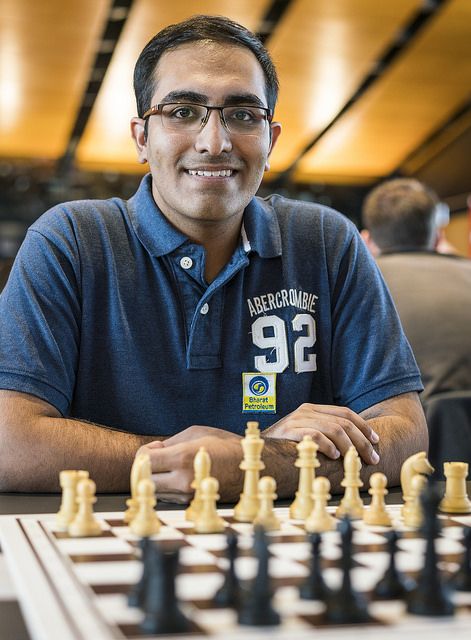
A short interview with Vaibhav:
SS: Is this the biggest win of you career so far?
VS: This is by far the strongest tournament I have ever won.
SS: You started as the 19th seed. Did you think you would be able to win a tournament where guys like Eljanov are taking part.
VS: I knew there were a lot of strong players participating in the tournament and that was perhaps one of the reasons for choosing this event. I was discussing this with a couple of friends recently and they all seemed to agree - I don't know why or how this happens but most of us are somehow able to play better when we face stronger opposition. My goal was simply to play better and stronger and had no intentions of the top spot before the tournament.
SS: Recently in an interview on ChessBase India you said that you like to play only 6-8 tournaments a year. Are you going to stick with it in spite of your success?
VS: Yes, ofcourse. In college one of my professors mentioned in his lecture on management strategy something like - Your long term strategy should dictate your short term actions and not the other way around.
SS: What is your next event?
VS: I'm on my way to Dresden where the tournament starts tomorrow.
SS: Who are the people you would want to thank for this victory?
VS: My parents and my sister. They have been my pillar of support throughout my entire life.
SS: We saw a video of yours on Facebook where you converted the Lucena position nicelt by building a bridge. Of course that is quite elementary for you. But for our young and budding readers, what would you suggest is the best way to build such basics related to the endgame?
VS: I have seen a lot of players making mistakes in elementary endgames (for examples you can refer to the Tragic-Comedies book by Mark Dvoretsky). So, it is kind of important to go through the "elementary" stuff again to not make mistakes. My suggestion to youngsters would be to religiously follow Dvoretsky Endgame Manuel. It is the bible of Endgame play.

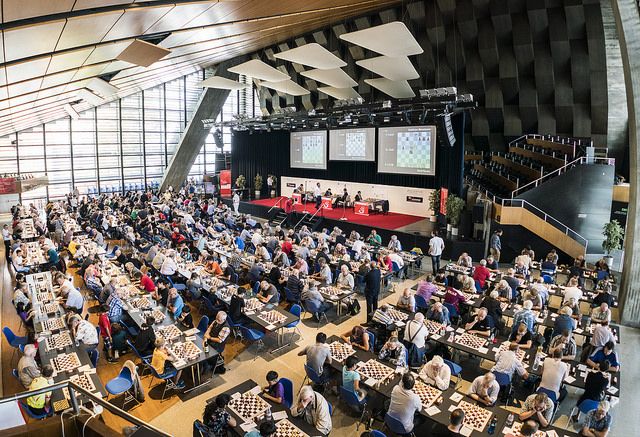
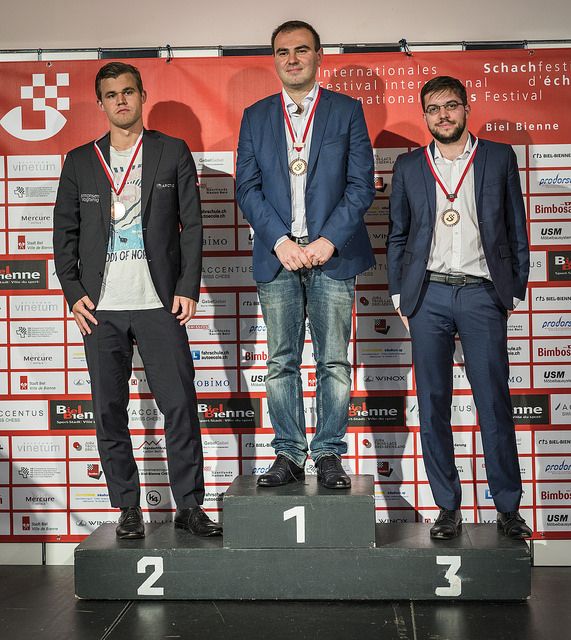
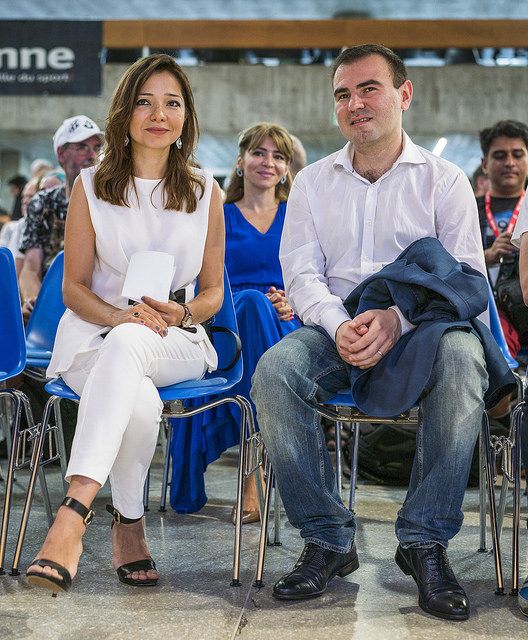

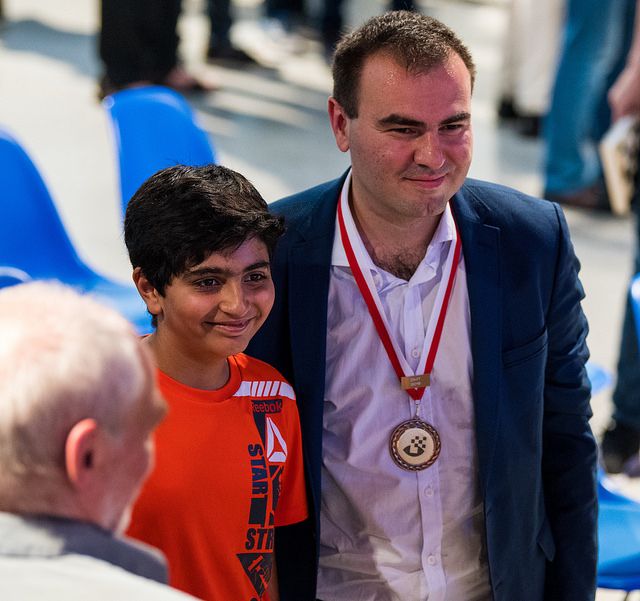


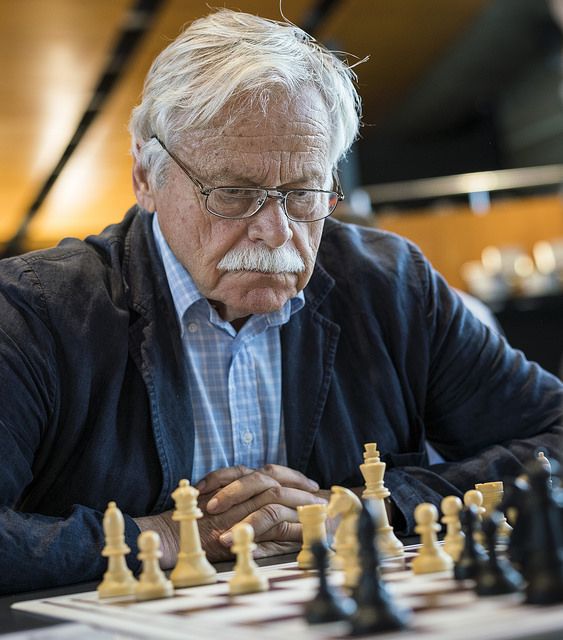
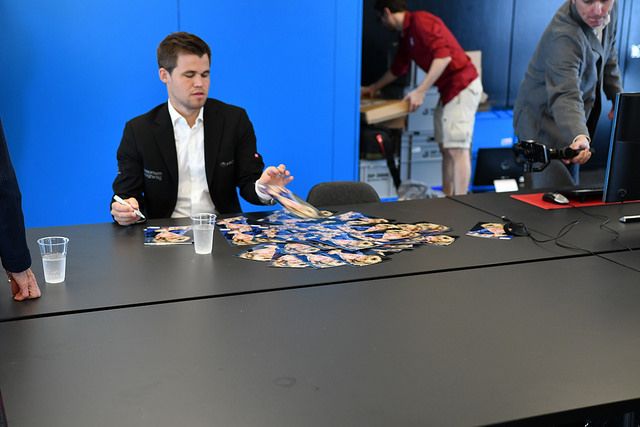
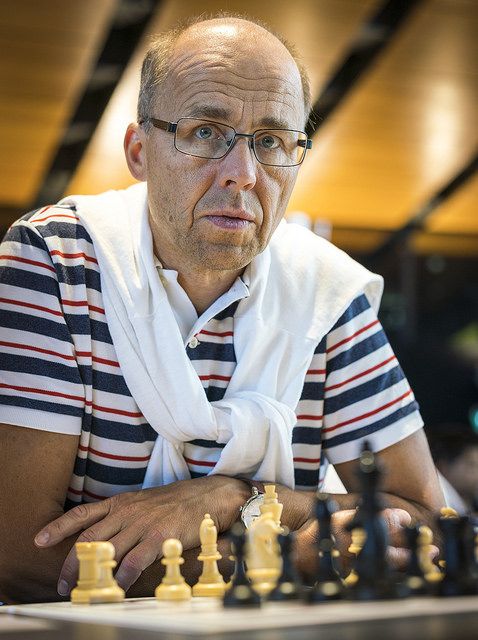
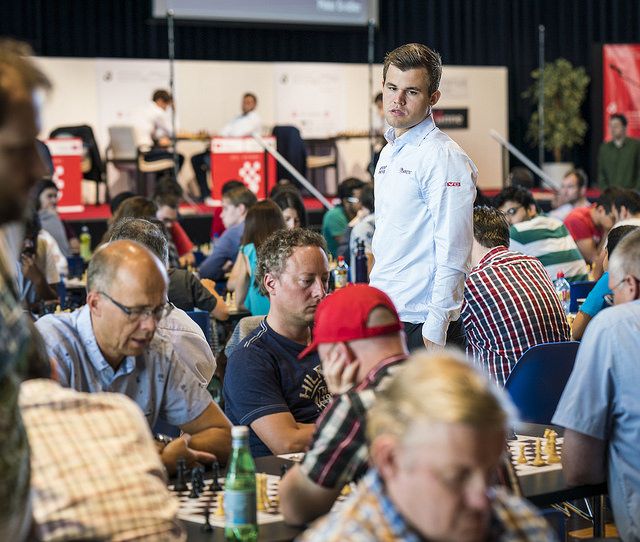
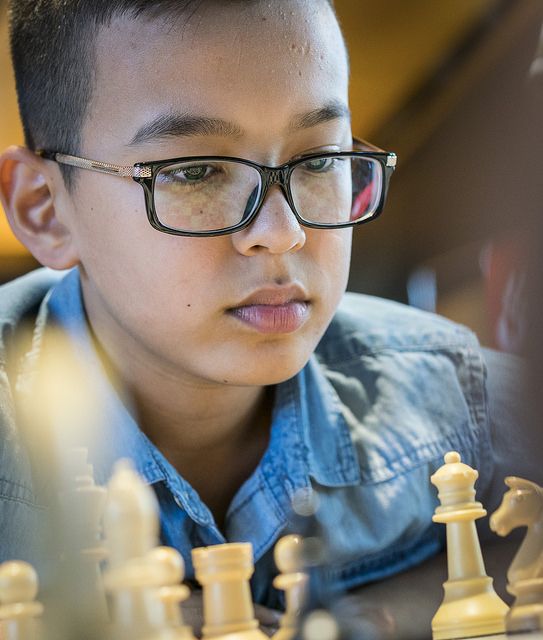
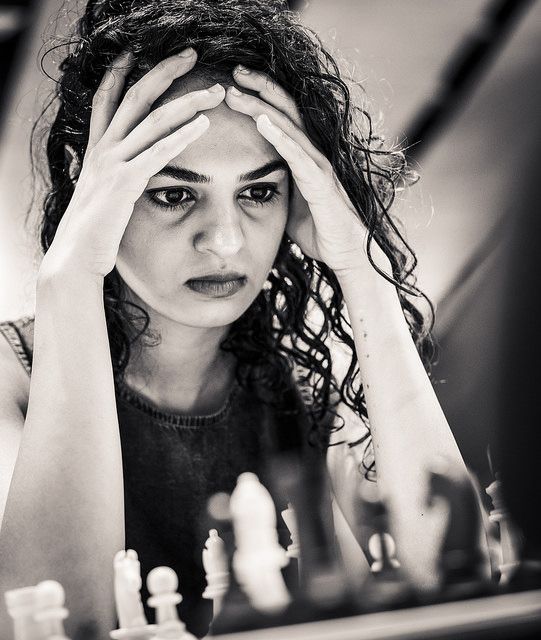
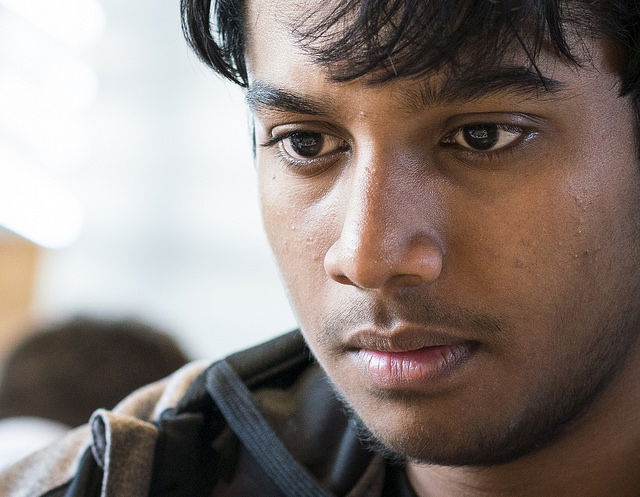
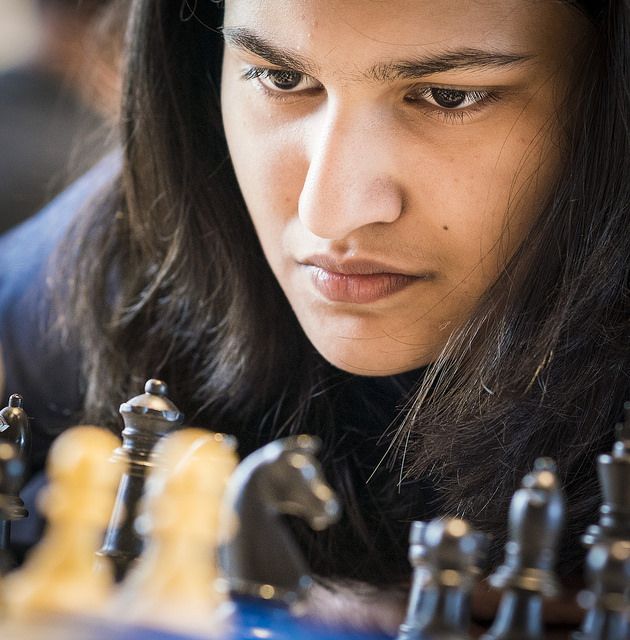
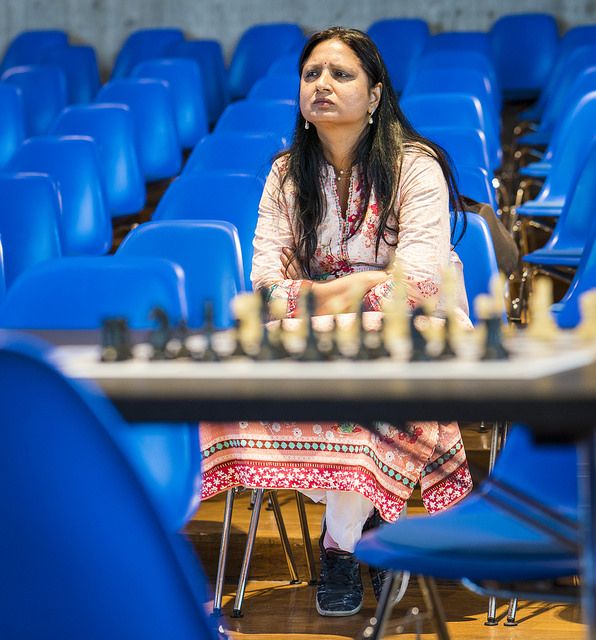
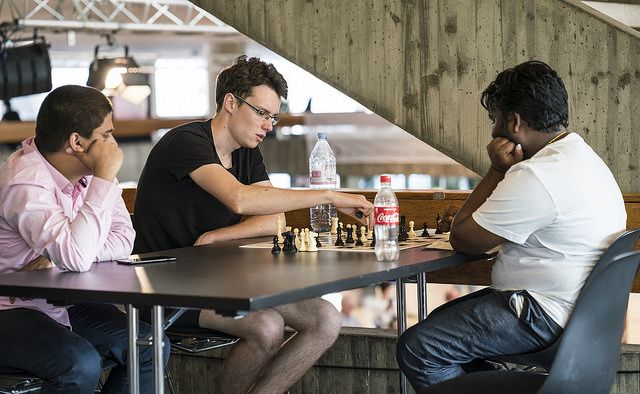
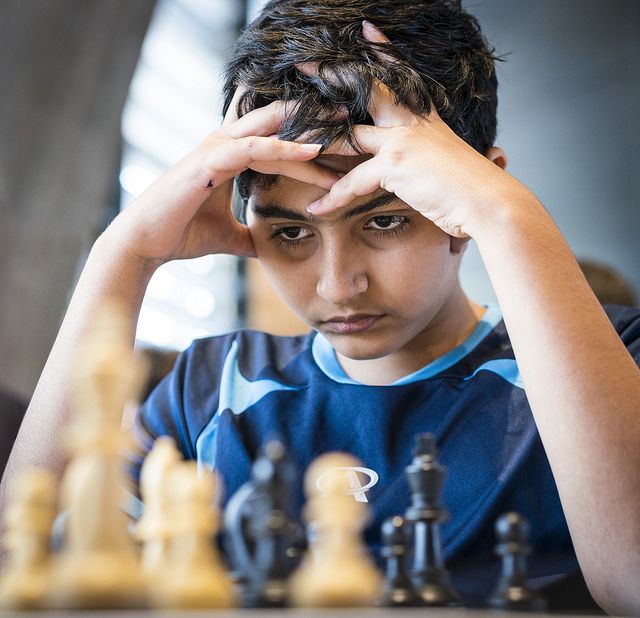

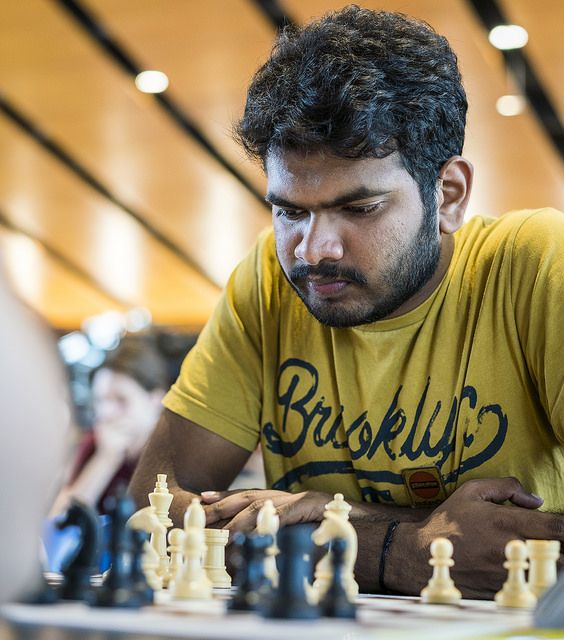
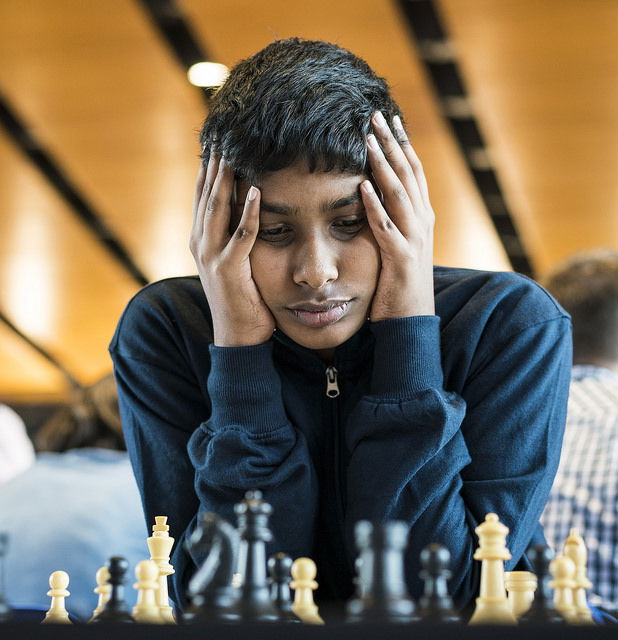
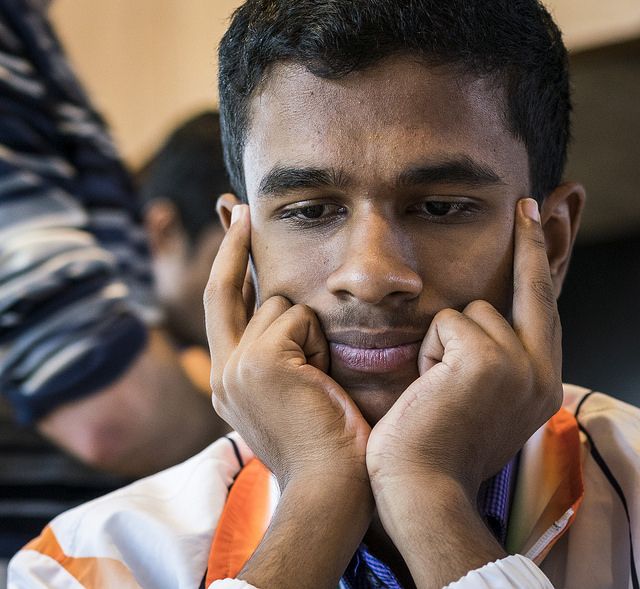
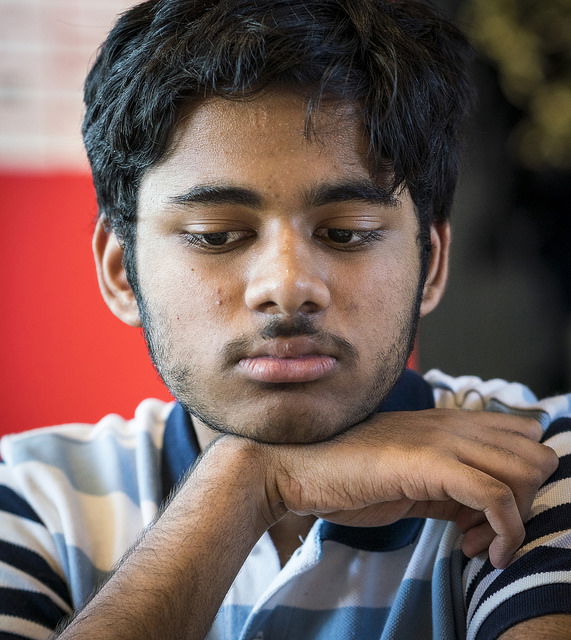
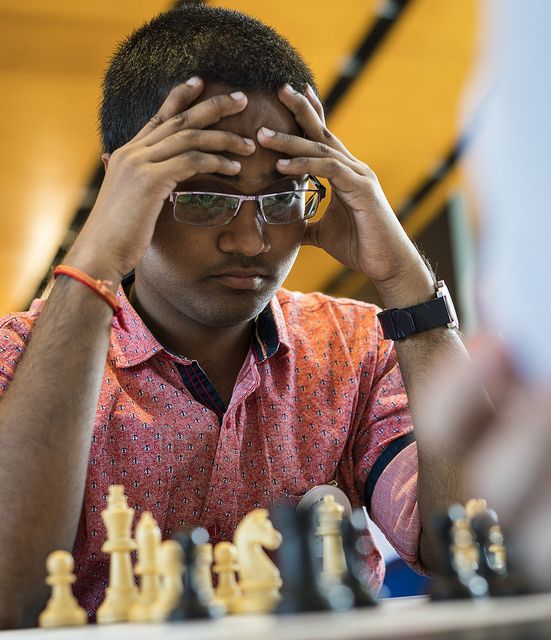


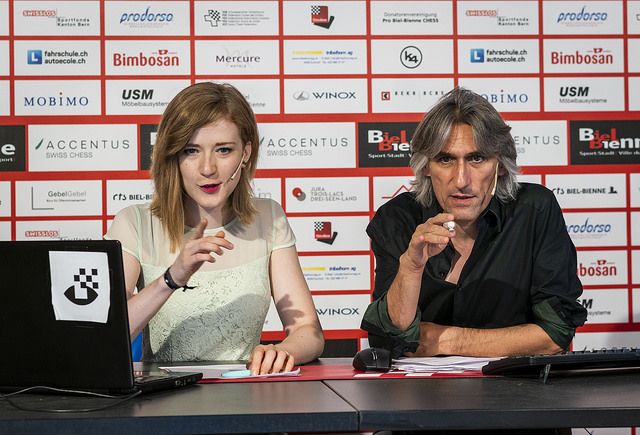
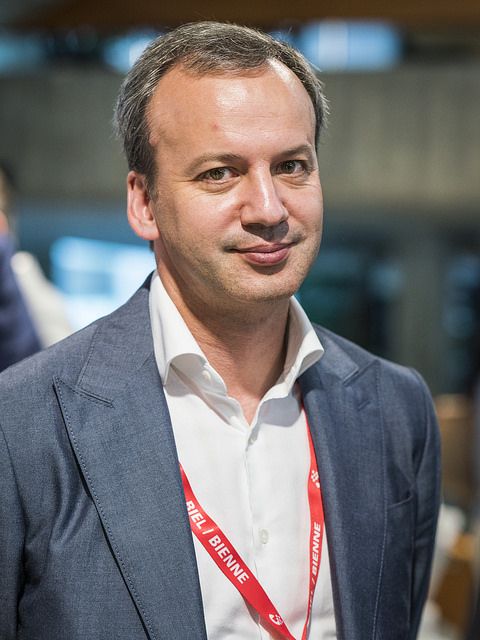
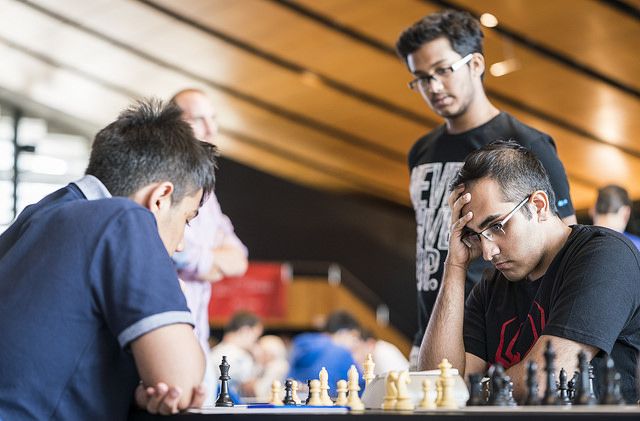
Know more about Finite and Infinite:
We would recommend you to watch some of the videos on this topic by motivational speaker Simon Sinek to learn more about having the right mindset as a player

